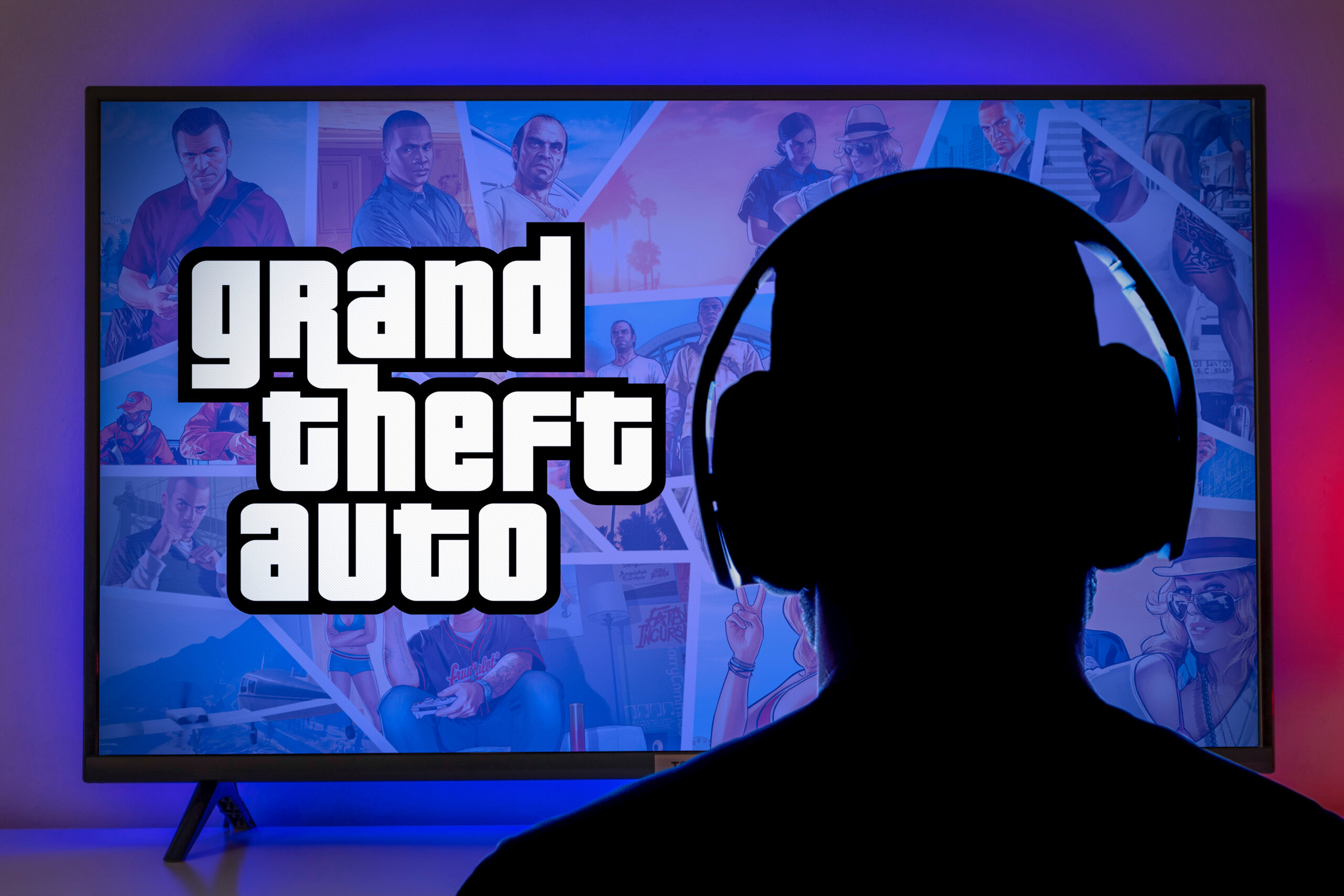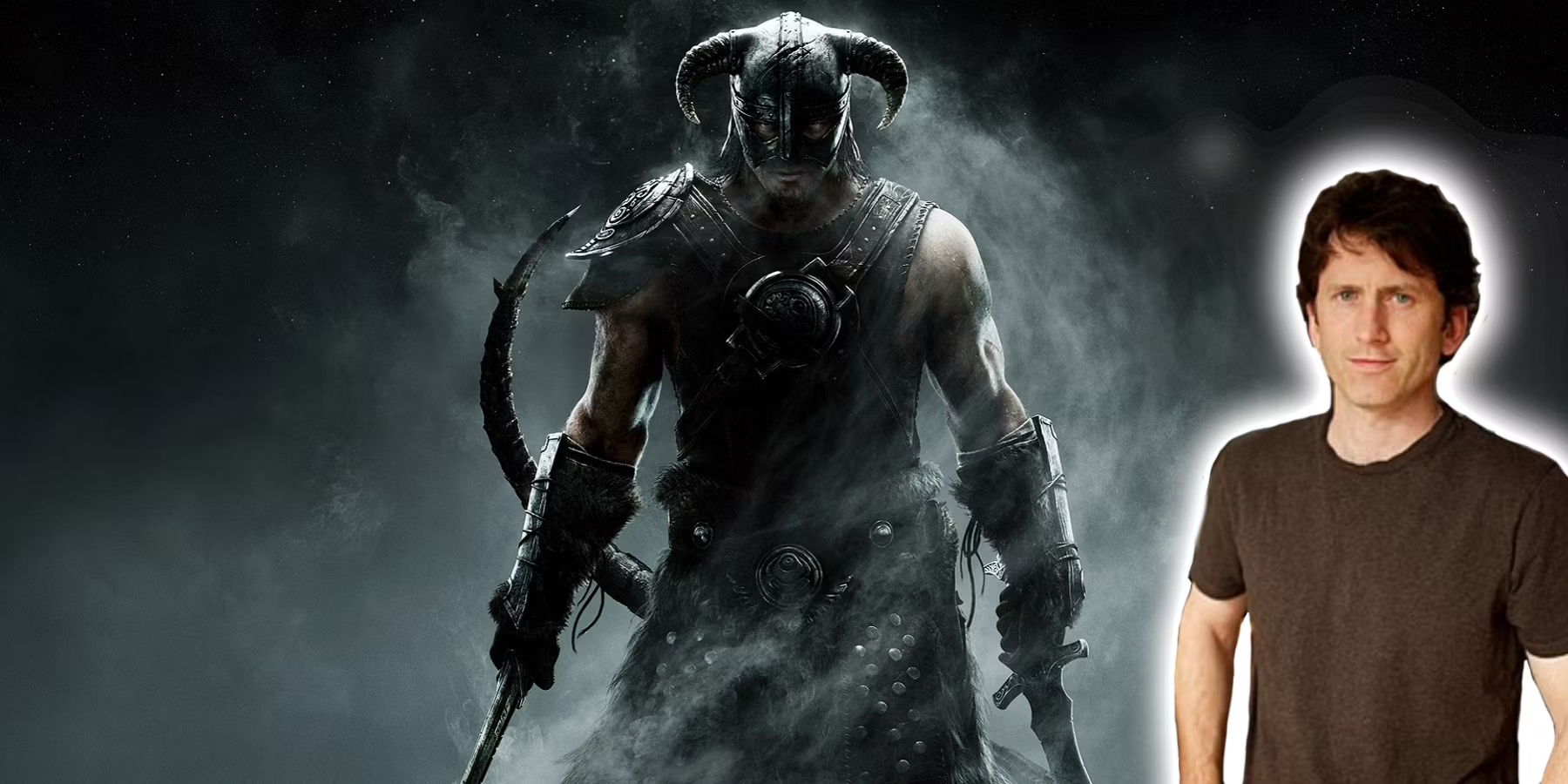Video games have an intrinsic relationship with violence. For every Mario, there are dozens of games that enable you to shoot, stab, and pummel your enemies to death. And sometimes it seems that with every NPC killed, games get increasingly controversial.
But I love them. I love the way a skull pops when I land a headshot in Borderlands 3. I will always be satisfied as I plunge my blade deep into the neck of my enemy in Sekiro: Shadows Die Twice.
Video games make violence satisfying, and that’s one reason why people blame video games for extreme acts of violence.
In my previous two articles, I have demonstrated that extreme acts of violence are only controversial or inappropriate if not appropriately handled. If the violence doesn’t serve the plot or some central theme, it’s unnecessary and distasteful.
I didn’t discuss violence as it usually occurs, however. How does regular violence affect us in video games? Is it different from films or literature? Why or why not?
Literature
Human beings have been violent for centuries, celebrating it in a variety of ways. Homer’s literary classic, The Odyssey, concludes with a gruesome slaughter of the many suitors in his home. Paragraphs are devoted to describing arrows making their way through throats. Sentences endeavor to describe the deaths of many men.
Yet, we teach this in schools. It is a valuable piece of art, an antique piece of literature that provides a glimpse into an old and unique culture. Students not old enough to watch R-rated films or play M-rated video games can read the book.
Film
Films also showcase all forms and types of violence. Horror films thrive off of gore and torture, and Marvel films are hours and hours of superhumans beating each other senseless, sometimes to death.
Some of the highest-grossing movies, the most critically acclaimed cinematic masterpieces, feature violence as central to its theme or plot. We gasp at it, sometimes laugh at it, and enjoy it.
We all love films and literature that feature violence. So why do people think video games are different?
Myths About Video Game Violence
The idea is that since the player controls video games, the violence occurring in video games is vicariously inflicted by the player. Since this immersive aspect exists, they must have a deeper impact on the human mind.
And video games can indeed provide mentally ill individuals with the violent outbursts they may desire. The majority of the population isn’t mentally ill, though, and the impact on the general population is negligible.
The Impact
Video games do result in a small increase in aggression. Due to how immersive the platform is, it does affect the player’s mind a bit more. This impact is slightly more significant than films or literature, but we have seen that these mediums have also motivated horrendous crimes.
At the end of the day, violent entertainment or any sort will always increase aggression. For the masses, though, it will never increase aggression to the point where a person will commit a violent crime.
Mass Shootings
One major act of violence video games are blamed for is the multitude of mass shootings in the United States. There are claims that violent video games can inadvertently train individuals to be apathetic killers. At the very least, some claim that video games simply make a person more likely to use violence to answer their problems. However, this doesn’t hold up.
Most mass shooters don’t regularly play video games. Also, countries that play video games just as much as the United States don’t have as severe gun violence. Whatever your stance is on American gun control, video games simply aren’t the cause. You couldn’t even argue that they are contributing.
To prove my point that violence in video games is just as purposeful or identical to that of any other form of entertainment, I will cover the most controversial video games in the business.
Grand Theft Auto
Rockstar’s most popular franchise and primary source of income, even to this day, is also one of the most controversial video games of all time. We’ve all either played the game or heard about it, so we all know what you can do in it.
You can kill civilians and police officers, you can have sex with a prostitute, and more. The story itself is crass, ridiculous in its sexual content, profanity, and violence. By all means, this game can seem like an experiment in sinful indulgence.
However, Grand Theft Auto is satire. Its sex, violence, and downright depravity is exaggerated as to make a point regarding American culture. Grand Theft Auto is designed to highlight America’s fascination with these things by blowing out everything out of proportion. Everything is oversexualized and violence is turned up to 11 on purpose.
Playing Grand Theft Auto is an exercise in experiencing, not watching or reading, satire. It could be that the immersive aspect of the game can make it even more difficult to detect the satire, but it is there all the same. Simply turn on the radio or television in the game to see the ridiculous ads and shows there are. From there, you can work your way through the games nuanced satire.
Every Shooter Ever
Shooters like Call of Duty, Battlefield, or even Spec Ops: The Line receives the majority of criticism towards video games. The past two articles in this series have focused on shooters since they are so prone to controversy.
However, defending shooters is easy.
If playing a violent video game affects you in basically the same way as a violent film does, what’s the difference? Why is watching Rambo okay but playing Call of Duty dangerous? It simply doesn’t make sense.
Shooting an NPC in a video game doesn’t make or break violent behavior. It is essentially the same as watching a film.
As For The Irredeemable…
There are games, of course, that can’t be, shouldn’t be, defended. Never made by large developers but rather from indie sources, games exist that cross the line in many ways. Some games are extremely racist, recreate mass violence, or involve violence against women specifically.
These are terrible creations. They aren’t games. Like film or literature, we also have creations that bring shame to the field. Despite the media attention these games get, they are not representative of video games at all.
Censorship
So, what makes it different from a movie or a book if the immersive aspect doesn’t make a significant difference? A person who gets their kicks from violence against women is, after all, also going to enjoy the massive amounts of film and literature that feature it.
Therefore, censoring video games is unjust and unfair. Video games don’t result in outbursts of violence or a twisted moral compass. There are much larger factors than video games that contribute to those.
If you censor a video game for gun violence, you must also censor Rambo, James Bond, and more. It’s the same concept with relatively the same effect.
Conclusion
So, if someone tells me that video games are terrible because they are violent, they must know that, by that standard, so are the films and literature that have proven essential to our culture.
Video games are part of culture too. They are art, as well. And their violence isn’t any different. Video games can be beautiful, touching, emotional, and spectacular. We mustn’t let a misunderstanding about its effects lead to a subversion of this brilliant art form.
What do you guys think? Do you agree or disagree? What games go too far for you in terms of violence? Thank you for reading, and let us know in the comments what you think!













